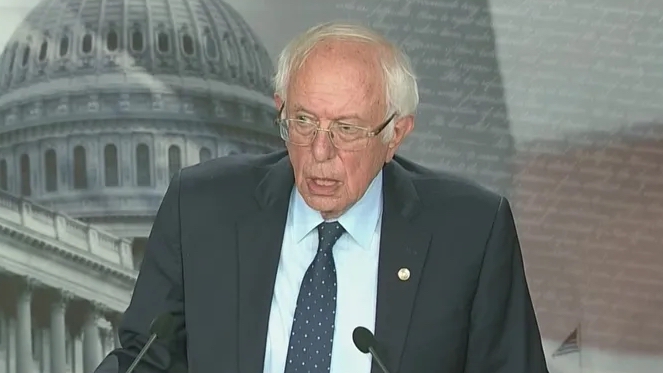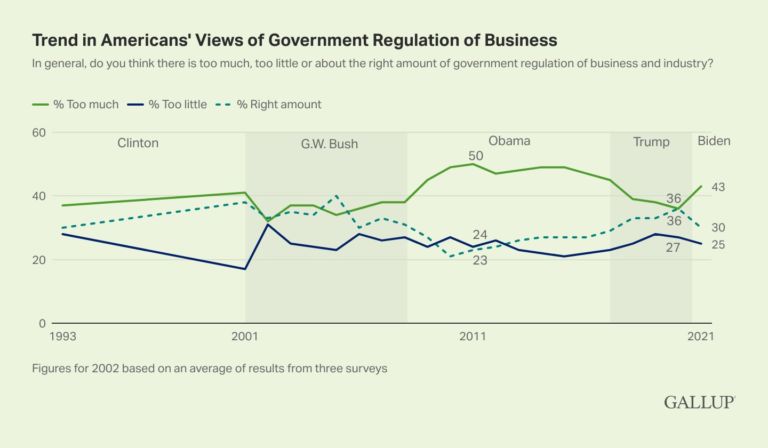John Stossel‘s latest column tackles the argument that the profit motive somehow taints health-related scientific research.
I’m the underachiever in my family. My parents also produced Harvard Medical School research director Thomas Stossel. Mom called him the one who had “a real job.”
For years, my brother annoyed me by not embracing the libertarianism that changed my life. It bored him. He was comfortable in his Harvard cocoon.
But then he realized that the anti-capitalist activists who fight with me on my TV show are also the people who make life more difficult for doctors, and for patients who want cures.
Lately, the anti-capitalists have become obsessed with “conflict of interest” in science — any trace of corporate money must poison honest medical research.
Obamacare includes a rule called the Physician Payment Sunshine Act. It orders companies that make medical products to disclose even bagels they serve doctors and anything valued above $10. On my TV show this week, Tom calls that “the conflict of interest mania … taking normal competition … into a witch hunt.”
But doesn’t corporate money tempt doctors to push inferior treatments and drugs?
“People cheat for money,” replied Tom. “But evidence that collaborations compromise clinical integrity and patient care is practically nonexistent. A voluminous 2009 Institute of Medicine report on ‘Conflict of Interest in Medical Research’ was unable to find evidence of a negative effect on patient outcomes.”
How much good comes from corporate/research collaboration? I assumed that most new drugs and improved medical treatments come because of government-funded research. Tom’s reply: “I’ve lived off government-funded research my whole life. I’ve panhandled off your tax money. It’s important. But the vast predominance of what gets products to patients comes from the private sector.”


